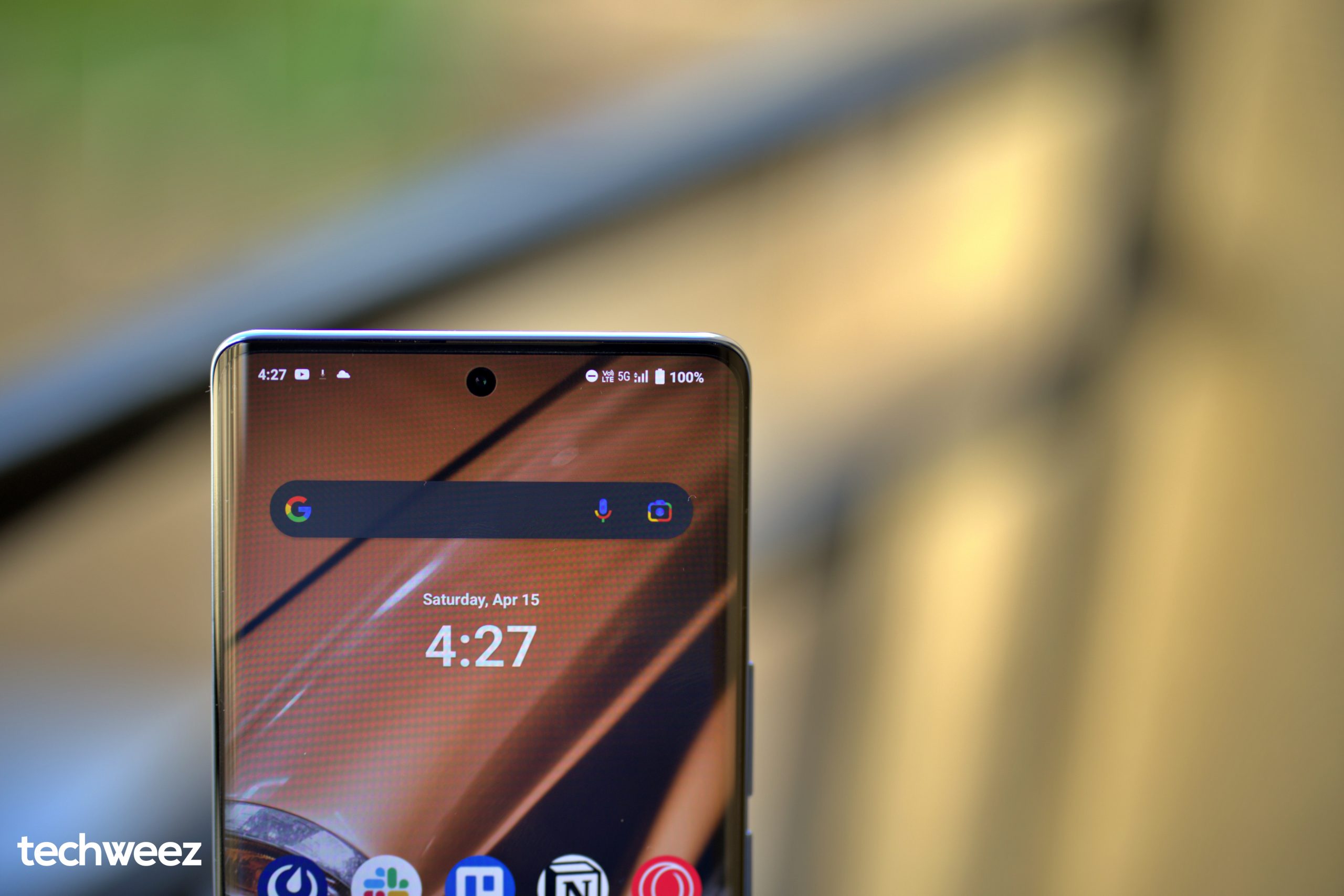Solar Power and Data Centres – Are They Practical?
Renewable energy has been catching up over the last couple of years. It is a hot topic and has been part of the strategies used by data centres to supplement their services while making the environment more sustainable. Solar power is part of such programs, and while its offerings have been beneficial in many industries and households, it has not been adopted widely as a key power source in data centres. Part of the slow adoption has been about solar power being practical or otherwise.
The process of using solar power starts with the installation of solar panels. However, solar power, as some of you might know, is not a potent source to meet all the power requirements of a data centre. Besides, the exercise requires substantial budgets to put up huge photo-voltaic solar panels. Add that to the prevailing cost of materials and installation and you would understand why many companies and data centres are shying away from the technology, and that it would take a couple of years to recover the investment.
Solar power is also intermittent; hence data centre companies must be prepared to supplement it. Often, the companies do not use batteries for the storage of large amounts of solar power to keep the lights on at night because it would be very expensive. However, what they do is that data centres use power converted from solar panels to run day time operations, and use excess power to peripherical requirements such as charging UPS systems.
But even the most financially supported projects that seek to be entirely self sufficient and green find other power sources. We have heard of cases where data centres use geothermal power supplies, whereas other use biogas. And since some of these facilities have been designed to sell excess power to the national grid, they have the ability to draw from it if need arises.
Thus, the issue is not finding alternatives to supplement solar supplies, but in having system intelligence, visibility, and precise control to optimize the use of each power source.
icolo.io
Data centre firm icolo.io believes that it has fixed some of the issues raised above. The firm acknowledges that Kenya’s energy grid is more than 75 percent renewable, effectively making it one of the most renewable grids in the world.
The company has also added that it is committed to the sustainability aspect of data centres, having implemented a Solar Energy system for the Nairobi and Mombasa data centres.
The 400kW system at NBO1 and MBA1 will support the data needs of the facilities, and can deliver 825kW and 675kW of customer power (IT Load) respectively. This development will see the company reduce its carbon footprint, and forms icolo.io’s sustainable green Energy goal.
“One of our greatest natural resources in Africa is the Sun and our investment in solar is a strategic part our global vision to reduce the harmful effects of global warming and conserve the environment as we continue to scale our business” says Ranjith Cherickel, CEO of icolo.io.
Data Centers are energy intensive infrastructure projects, and these systems help tap into clean renewable energy, these installations are equivalent to planting back 100 trees per week and reduces the data centers 3,200 Kgs of CO2 emissions per week.





























